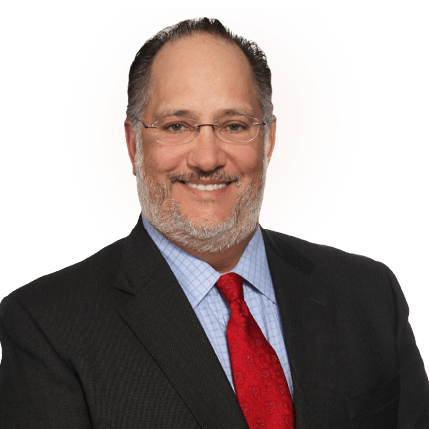Texas Citizens Participation Act Bars Physicians "Sham" Peer Review Claims
Last week, the Thirteenth District Court of Appeals in Corpus Christi-Edinburg dealt another blow to peer review in Texas. The Court dismissed a neurosurgeon's claims that the hospital where he had privileges made false and defamatory claims against him and conducted a "sham" peer review proceeding. The Court held that the Hospital's actions were "protected speech" under the TCPA (also known as SLAPP, for "Strategic Lawsuits Against Public Participation."). The trial court granted the Hospital's motion to dismiss claims for business disparagement, defamation and conspiracy, but refused to dismiss the claims for breach of contract and negligence. The Hospital appealed.
Dr. Pisharodi is a neurosurgeon, who had privileges at Valley Regional Medical Center. Dr. Pisharodi sued the Hospital and one of its doctors in 2016, alleging the hospital initiated multiple peer review actions against him in retaliation for his complaints against another doctor at the hospital. Dr. Pisharodi alleged that the Hospital started a campaign to discredit him in Cameron County, filed a National Practitioner's Databank report against him, and reported him to the Texas Medical Board. Dr. Pisharodi also alleged the Hospital altered patient medical files to justify his suspension, and then used those medical records against him with the Texas Medical Board. The Board complaint was filed in 2014, but voluntarily dismissed in 2016.
The TCPA requires the dismissal of a claim if it is "based on, relates to, or is in response to a party's exercise of the right to free speech, right to petition, or right of association...." Tex. Civ. Prac. & Rem. Code Ann. 27.003 (a). The "exercise of free speech" is defined as a "communication made in connection with a matter of public concern," which the Court held includes issues relating to health or safety and to service in the marketplace.
The claims for business disparagement, defamation and conspiracy were all dismissed based on the TCPA, and the appellate court affirmed that portion of the ruling. Dr. Pisharodi claimed that his contract and negligence claims were not based on "protected speech," but instead were based on a violation of the Hospital's bylaws and by performing a "sham peer review" against him.
The Court found that such claims were barred by the TCPA and held that "any statements made to the [Medical Board] or to the [NPDB] and any statements made during the peer review process constitute protected free speech." Further, the Court held that the "provision of medical services by a health care professional" constitutes a matter of public concern." Accordingly, the Court held that the breach of contract claim and negligence claim was based on or in response to the exercise of the right to free speech, and shifted the burden to Dr. Pisharodi to establish by clear and specific evidence a prima facie case for each essential element of his breach of contract and negligence claims. The Court noted that the pleadings and submissions by Dr. Pisharodi failed to provide citation to or explanation of the evidence that supported each element of his claim for breach of contract or negligence, as required under the TCPA, and therefore dismissed the remaining claims.
A full copy of the opinion, Columbia Valley Healthcare System, LP, et. al. vs. Madhavan Pisharodi, is linked here.


